You got through Christmas and by now you are probably back in your usual routine. This might also mean a whole host of new years resolutions, a reinvigorated will to make this year better than the last. There’s lots of talk at present about gratitude and being grateful for the good things in your life in a world bombarding you with messages that say everyone else is doing better than you are. Maybe you let things slide a bit over Christmas. Ate too much, drank too much, didn’t exercise enough and lets not forget all the visitors or trips to catch up with people that you only see once a year for a reason. We regularly get asked. “Does stress cause back pain?”.The short answer is yes but it’s slightly more complicated than that.
Stress
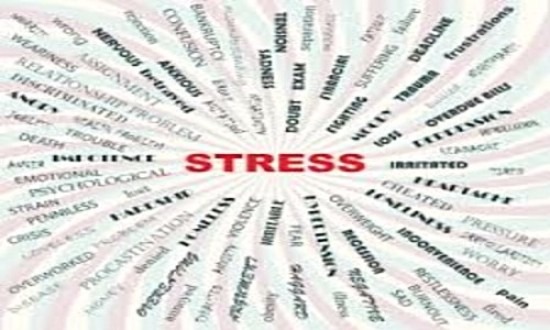
We all experience stress. It’s normal. In fact it’s necessary. Whether we know it or not our bodies are dealing with the consequences of the stresses in our lives all the time. There can be positive stresses, such as the bone stress generated in our legs by running. This can help strengthen the bones and prevent osteoporosis. However too much running, without the right diet or rest periods and that healthy bone stress leads to an unhelpful stress fracture.
When we talk about stress most people will think of emotional stress. There’s an important deadline for work, the end of year tax return, the kids exams, interest rates, employers, employees, the list can go on and on. A degree of stress can help us to focus, prioritise and get the job done and meet those deadlines. Too much stress and we can bury our head in the sand and feel like you are drowning in it all and every little thing then becomes stressful in itself. We can’t prioritise, we can’t meet those deadlines and we can’t get the job done.
There are many people who think they do not experience stress or that they thrive on stress. This isn’t true. They may not experience as much emotional stress as some but their body is still dealing with the effect of stress. There are many high achieving “stress junkies” whose first sign of suffering from stress is a heart attack and if they are fortunate enough to survive this event, the penny finally drops in A&E.
The physiology of stress
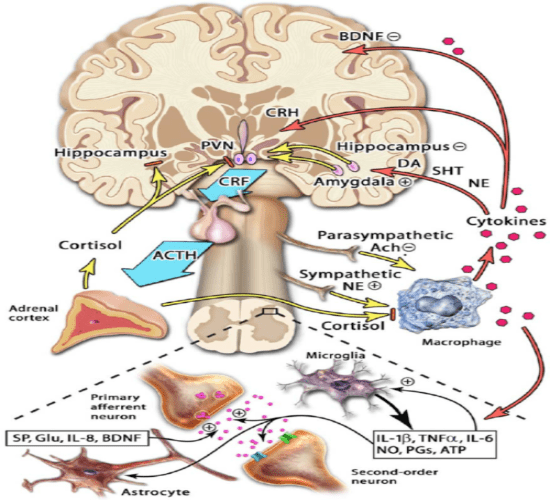
The body produces many chemicals to a stress response. One of them is cortisol. For example a psychological stress response may be evoked by fear or a perceived threat to our safety, status or well-being. In such a situation the body produces cortisol (among many other chemicals). Cortisol is a potent anti-inflammatory, however it is also used for consolidation of fear based memories for future survival and avoidance of danger. Put simply, when we have a fright or we perceive danger, our body produces cortisol and this helps the body to store the memory of that experience for future reference.
Cortisol levels have also been shown to be hyperalgesic or in other words stimulate the pain centres of the brain.
Now this can be helpful in the short term in order for us to deal with that threat, i.e. jump out of the way of the bus or go and seek help for that injury but if the stress response is prolonged, this can lead to cortisol dysfunction, widespread inflammation and pain.
Stress and back pain
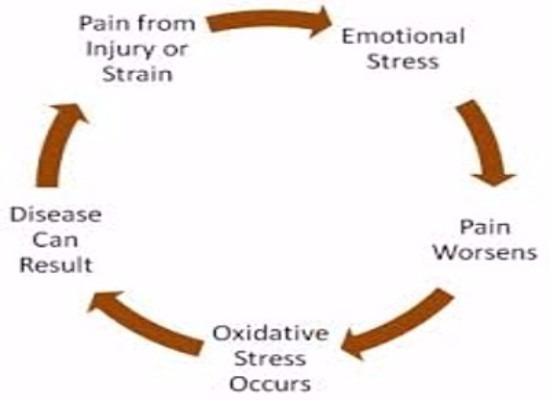
So how does all this relate to back pain?
Here are some scenarios, but by no means an exhaustive list.
Scenario number 1:
You have an acute back injury. Acute means less than 6 weeks old. You experience some external stress event, for example a crisis at work. Your body produces cortisol, your back pain increases. You haven’t re-injured or worsened your back injury, your pain has just increased because of the stress event. Crisis at work is resolved. Back pain reduces.
Scenario number 2:
You injured your back months ago, maybe even years ago. The pain just won’t go away. Your doctor says there’s nothing wrong, just take some painkillers and it’ll be fine but the pain won’t go away. Or perhaps you even had a back operation and the surgeon said it was a great success technically but your pain still won’t go away.
Because your back injury was a threat to your health, your status, your ability to fulfill your role in work, home, social status etc. this is a stress event, whether you realised this or not. While you were in the acute phase all those months ago, cortisol was consolidating the memory of this event but as it went on and on and on the memory never switched off even though the original reason that you were getting pain either healed or was fixed. Now we have hyperalgesia or sometimes referred to as pain centralisation.
Your pain goes up and down. Some good days, some bad days. Sometimes for a reason, sometimes for no reason at all. When the pain is worse we think we’ve done more damage and all the experts are wrong or don’t understand, this in itself is stressful, waking up that pain memory and the viscous cycle continues, reinforcing itself all the time. You seek another expert opinion or more tests, all the time creating a more confusing or conflicting picture leading to more stress.
Scenario number 3:
You injured your back ages ago. It got better, maybe you went to see an amazing physio, everything was fine and life went on. You experience a stress event, there are plenty to choose from but lets say the breakup of a relationship for this example. Your back “goes”, you’re in spasm and all that pain comes flooding back but you haven’t injured your back. It’s that pain memory being woken up by a major stress event. You realise you’ve been through a stressful experience. You trust your back. You do some exercise. You tell your body it’s ok. Your back spasm reduces, your pain goes away.
Scenario number 4:
You never injured your back. You’ve had no mechanism of injury to hurt your back. No trauma, no organic reason to have back pain. You start getting back pain, you don’t really understand why, however there’s been a family bereavement, perhaps months ago. The back is sometimes one of those areas of the body that manifests itself in pain in response to a stress event. Other manifestations of stress to the body can be hives for example.
Does this mean all back pain is stress related?
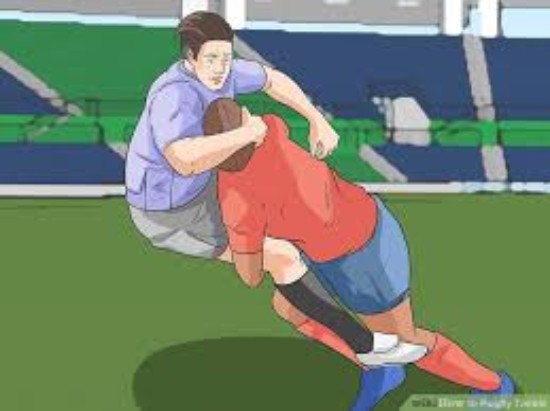
Absolutely not. It’s just means stress has an impact because of the consequences of the injury and the overall recovery of the injury as well as in some cases being the cause itself.
What is important is to recognise that the stress event is responsible, in some situations, for the pain you are experiencing and not that your injury is worse or your condition is deteriorating or that your back is falling apart.
Most commonly there is an organic or mechanical reason to get back pain in the first instance. A prolapsed disc, sprained facet joint, sciatica for example. The mechanical injury is aggravated by stress events and if the mechanical injury isn’t treated effectively, in a timely fashion then we can get into this chronic stress cycle prolonging the pain.
The difficult thing can be accepting that you have stress events in your life, we all do, it’s normal. They don’t have to be major events like those mentioned above such as a bereavement but sometimes just the day to day stresses of life itself. Perhaps you don’t acknowledge stress because you don’t feel some of the other symptoms of stress such as anxiety, insomnia, short term memory loss. Perhaps you are a high achiever and deemed successful and therefore don’t “get stressed”, but you’re body is experiencing it whether you perceive it or not. Think back to the high flying business person who ends up in A&E with a heart attack because they lived on stress or didn’t get stressed and took more and more on until their body finally said enough.
How do you know if it is stress related or not?

That’s where a proper clinical assessment, evaluation and treatment come in to play. It’s easy to think after reading this article that stress is the cause of back pain. That’s not what we are trying to say. It’s just a factor in a number of differentials. Having a proper assessment can identify some of the mechanical reasons to have back pain and it is essential that these things are carried out by suitably qualified professionals.
How do you combat stress?
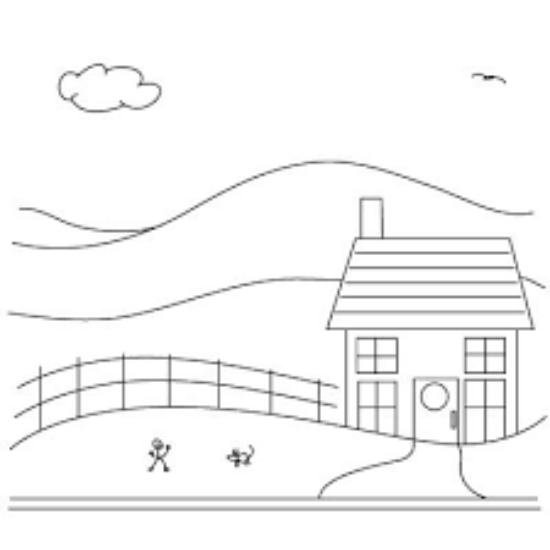
I came across a concept at a Chronic Pain Management conference last year which I think helps in this scenario and life in general. It’s known as The House of Health.
Think of a house that a child would draw. A square, 4 windows representing 4 rooms, a door, a triangle for a roof, a chimney. Now put a basement on that house. In the basement we have all of life’s demons. Pain, anxiety, depression, jealousy, stress, insomnia, anger, low self esteem the list can go on and on and on and fill up that basement.
Above ground we have the 4 rooms. These rooms represent Mental, Physical, Emotional and Spiritual.
The idea of the house of health is that we need to spend the correct amount of time (not equal amounts of time) in each room. How much time in each room will depend on where we are in life or what is going on in life around us at any one time. If we don’t, one or more of those demons will pop up.
So lets think about the rooms.
Mental is generally speaking cognitive tasks. For most people that’s work.
Physical is exercise. That could be running, cycling, gardening, housework etc.
Emotional is relationships. That’s friends, family, colleagues, acquaintances.
Spiritual is a kind of transcendence. Essentially it’s just being in the moment and switching off from everything else. This could be meditation, mind-fullness, playing a musical instrument, painting, colouring in.
Now we can have too much time in any one room. Too much time with the family can be stressful. Too much time in the spiritual means other things get out of kilter. Too much exercise can get obsessive. All too often though we bury ourselves deeper into that room rather than move around the house. For example things are busy and stressful at work so instead of taking a bit of time out to do some exercise or go and have a coffee with a friend we work longer hours thinking that’ll solve the problem. Most likely you won’t be as productive and you’ll just get more stressed and hey presto your back pain gets worse and now anger pops up to join stress. You get the idea.
It’s not easy, it’s not precise but you do have to work on spending time in those rooms. Structure some time for exercise, say yes to some of those social engagements you know you should go to but can’t be bothered to because you’re tired. Take a few moments out to do something completely different. It could just be 10 minutes in a quiet space with the phone switched off and delegate and prioritise at work. Believe it or not you might just be more productive and keep some of those demons in the basement and less pain as a result.
As always this is advice only and not a assessment, diagnosis or prescription.
If you have any concerns about painful joints or muscles give us a call on 01223 350622.

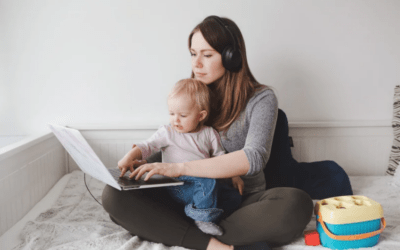

0 Comments